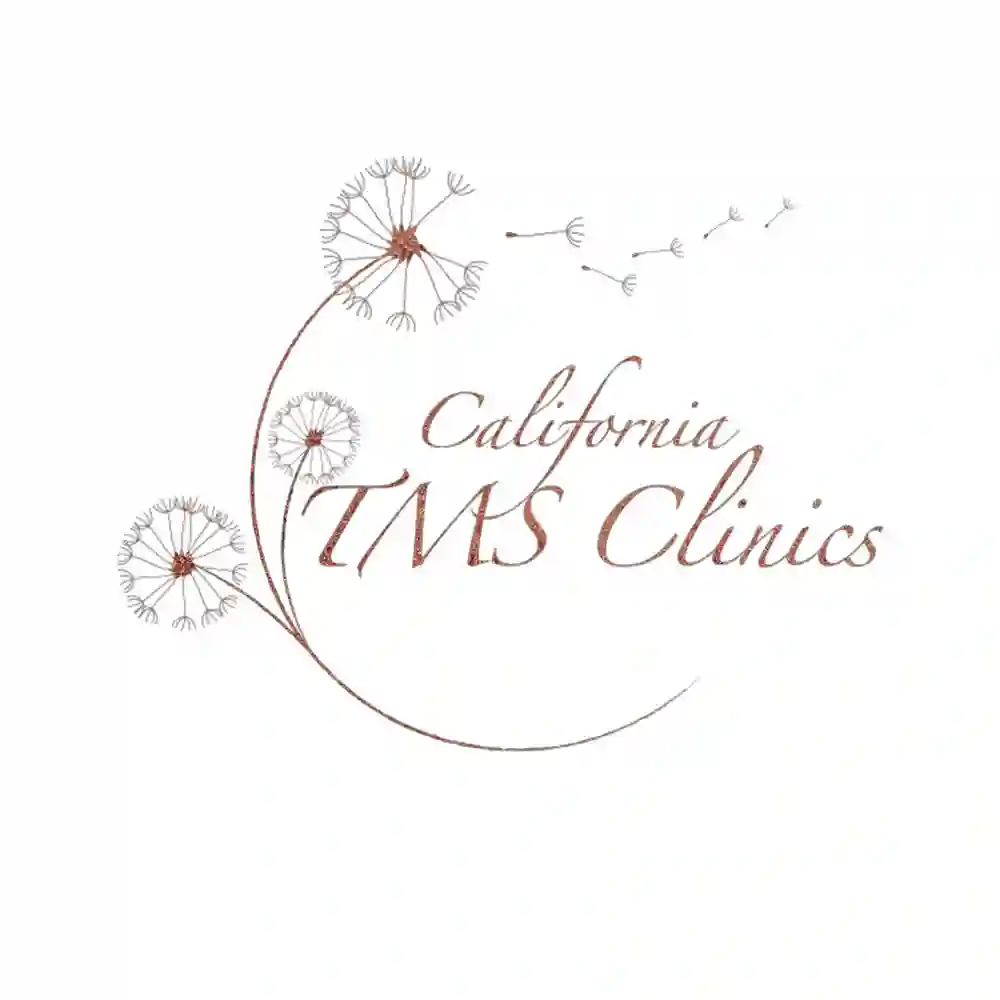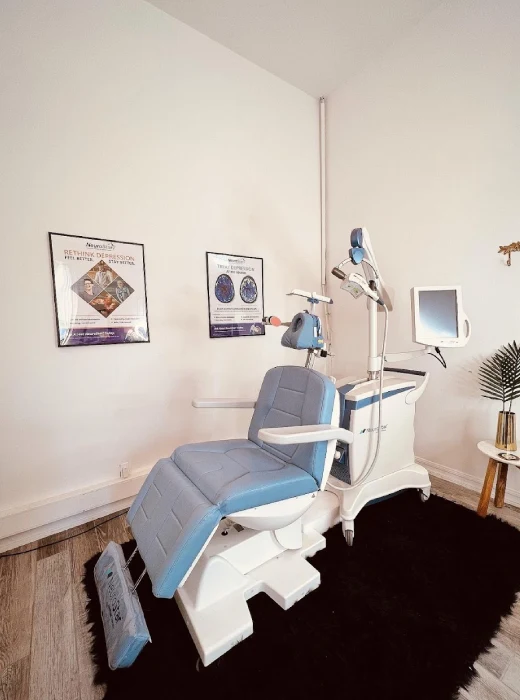Office Hours
Monday
:
8:00am - 7:00pm
Tuesday
:
8:00am - 7:00pm
Wednesday
:
8:00am - 7:00pm
Thursday
:
8:00am - 7:00pm
Friday :
:
8:00am - 7:00pm
Saturday
:
Closed
Sunday
:
Closed
Quick Links
California TMS Clinics
California TMS Clinics
 N/a
N/a
Second Office
California TMS Clinics
© California TMS Clinics. 2026 | All rights reserved.






